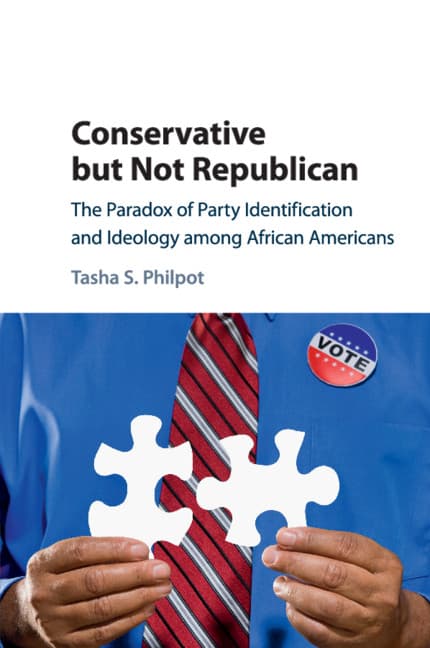Political Strategists Debate Efficacy of "No Enemies" Tactics in US Elections

Political commentator David Burge recently sparked discussion with a tweet asserting that the "no enemies on the right" strategy for the Republican Party is poised to be as electorally successful as the "no enemies on the left" approach has been for Democrats. Burge's observation, shared on November 1, 2025, highlights a recurring debate over the effectiveness of party unity at the expense of internal criticism.
The "no enemies on the right" (NETTR) strategy, often associated with maintaining a united conservative front against perceived threats from the Left, advocates for refraining from public criticism of right-wing figures or factions. Proponents argue this approach prevents internal divisions, strengthens the party's overall message, and focuses collective energy on opposing political adversaries. However, critics suggest this can empower fringe elements, alienate moderate voters, and hinder the party's ability to appeal to a broader electorate.
Similarly, the "no enemies on the left" strategy has been identified as a driving force within the Democratic Party, particularly during the lead-up to the 2020 campaign. This approach often sees progressive candidates and factions avoiding criticism of more extreme left-wing proposals, fostering an "ideological auction" where increasingly radical positions gain prominence. Observers argue this tactic aims to energize the progressive base but risks alienating centrist voters.
Analysis of recent election cycles, including 2020 and 2024, indicates varied outcomes for these unity-focused strategies. While a cohesive party message can mobilize core supporters, an overreliance on extreme positions or a refusal to disavow controversial figures can also create vulnerabilities. The long-term electoral impact often depends on the broader political climate, the specific issues at stake, and the ability of each party to balance internal unity with broader voter appeal.